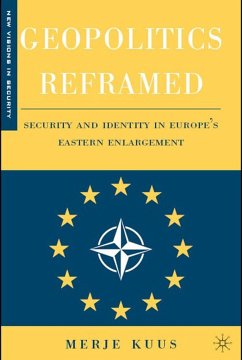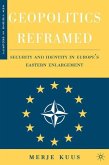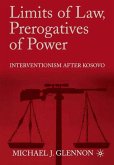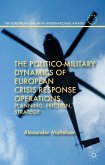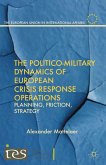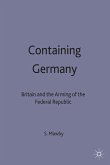This book traces the shifting meanings of security and geopolitics in Central European states that acceded into the EU or NATO in 2004. The author examines assumptions that shaped these debates and influenced policy-making, combining fresh theoretical approaches from international relations and political geography with rich empirical material from Central Europe. This book provides the first in-depth analysis of security discourse in the region.
"The connection between cultural identity and threats to national security has become axiomatic in avant garde geopolitical analysis. Taking off from this starting point, Merje Kuus convincingly shows how the end of the Cold War brought a new round of identity-security anxiety in Eastern Europe rather than its promised transcendence." - John Agnew (UCLA), author of Hegemony: The New Shape of Global Power"Critical geopolitics is back. Kuus s tale of how it is to be enlarged upon demonstrates how European civil society has grown stronger, and at what costs." - Iver B. Neumann, Professor, Oslo University and the Norwegian Institute of International Affairs"With an engaging and accessible writing style, this book will be an important text for both scholars and policymakers interested in questions of European enlargement. This wide appeal is also a product of the author's resolute focus on geopolitical practice, drawing our attention not so much to what particular iterations prescribe but rather what political stances and interventions they enable. Consequently the book provides an important contribution to the methodology of critical geopolitics. Rather than relying on what could be understood as a traditional approach involving semiotic deconstruction of texts or images, Kuus provides an embodied account highlighting the role of intellectuals of statecraft in producing and recycling geopolitical ideas." - Alex Jeffrey, Newcastle University

